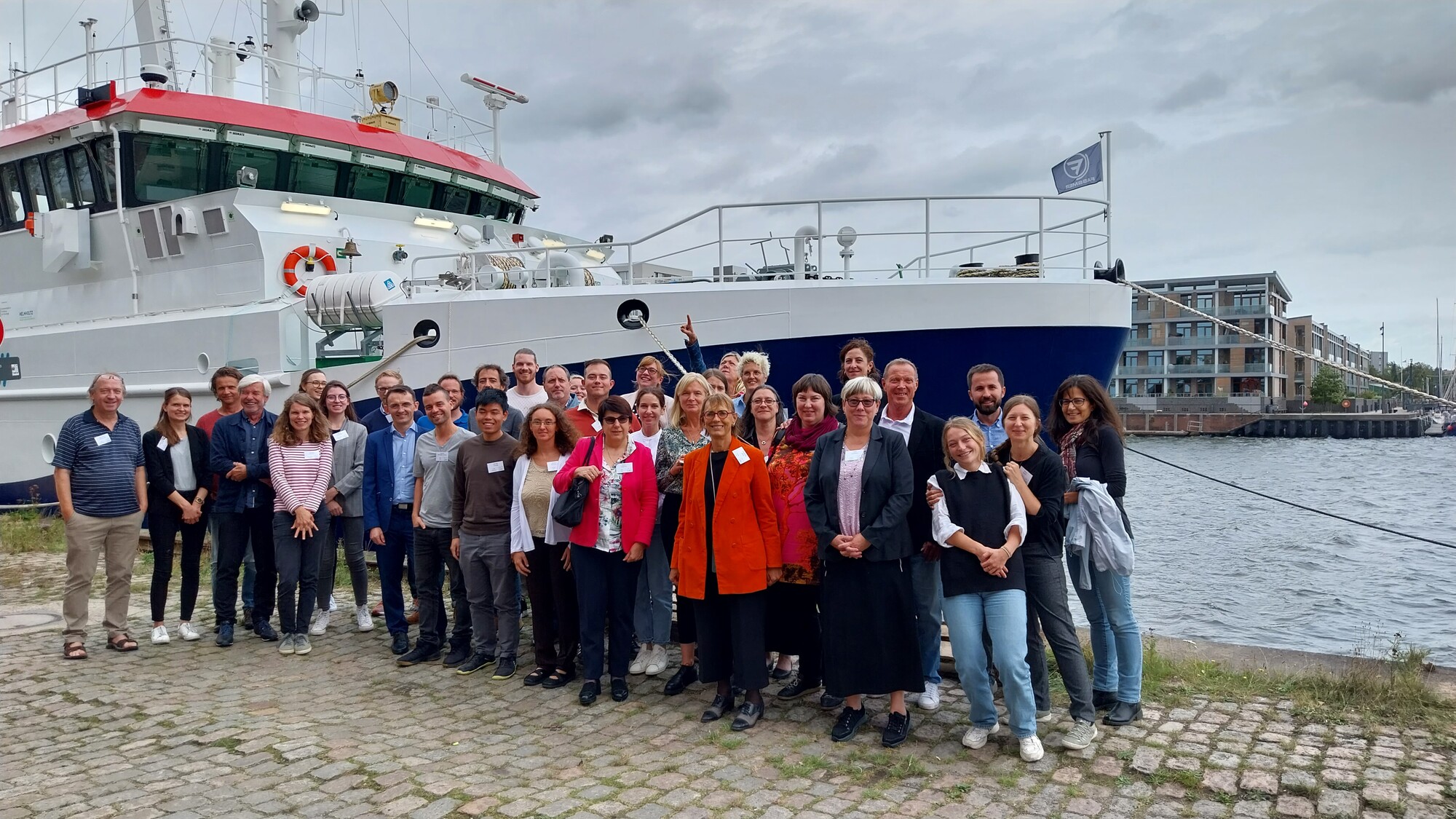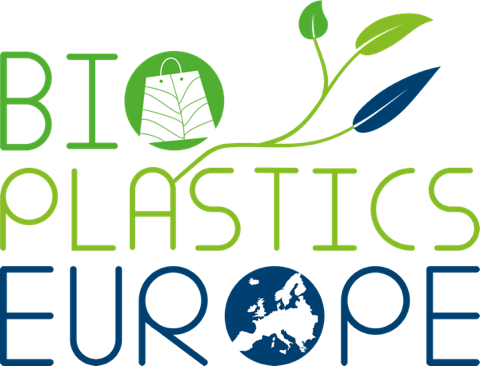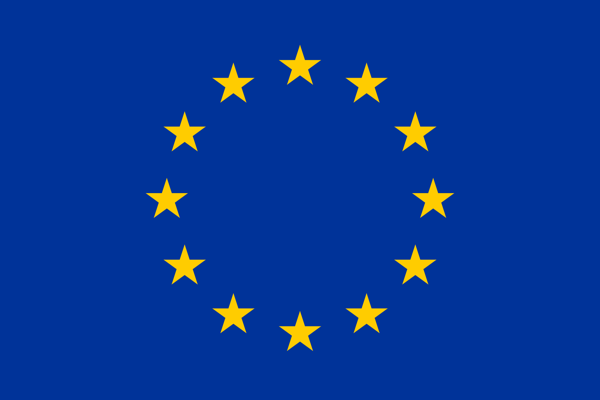The BIO-PLASTICS EUROPE scientific colloquium
By Reinhard Saborowski, Lukas Miksch and Lars Gutow, Alfred-Wegener-Institute (AWI), Germany

More than 40 scientists from ten countries met in mid-September for a colloquium at the Alfred Wegener Institute, Helmholtz Centre for Polar and Marine Research in Bremerhaven, Germany, which organised the event together with the Hamburg University of Applied Sciences and the Prospex Institute. The participants presented their natural, engineering and social science research on biobased and biodegradable plastics and exchanged ideas with each other.
The Director of the Alfred Wegener Institute, Prof. Antje Boetius, was also present for a short time, at least virtually, when she sent a welcome message directly from the North Pole from an expedition on the changes in the Arctic environment. Afterwards, Dr. Jelena Barbir, Project Manager BIO-PLASTICS EUROPE, presented the project and Dr. Carly Fletcher, Circular Economy Projects Manager at the British Manchester Metropolitan University, shed light on the mismatch between science and politics.
Research content and results were then presented in several sessions. For example, presentations were given on the pollution of ecosystems by plastics and natural polymers were discussed as a potential solution to the global plastics and CO2 problem by using atmospheric CO2 as a carbon source for production. Technical advances in the field of bio-based and biodegradable plastics were presented, such as the optimisation of production processes and the use of chemical additives to improve plastic properties. Furthermore, the compostability of the materials was critically examined. Subsequently, the environmental impact of biobased and biodegradable plastics was discussed based on their biodegradability and their effects on selected organisms. In addition, political and industrial aspects of biobased and biodegradable plastics were considered. Finally, technical solutions to improve the sustainability of these novel materials, for example through recycling and upcycling of existing feedstock, were presented. The colloquium ended with a panel discussion on the future perspectives of biobased and biodegradable plastics, which was chaired by the Prospex Institute and publicly broadcast on YouTube.
Recording of the livestream: https://www.youtube.com/watch?v=7POsTnhI6Wo&t=123s

